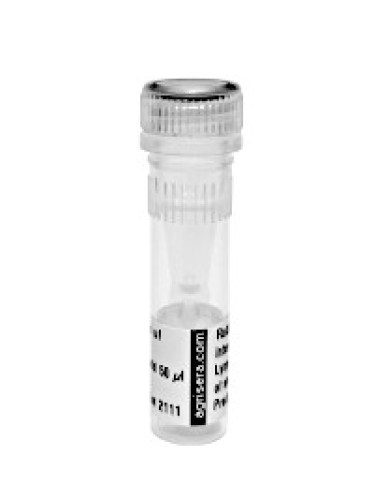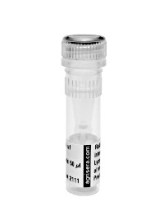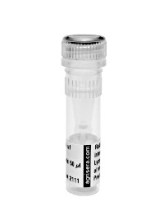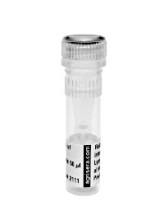
Anti-Phy | Phytochrome (clone Oat-25)
(Cat#: AS20 4500)


Description
- Immunogen: Phytochrome
- Host: Mouse
- Clonality: Monoclonal
- Purity: Immunoglobulin Protein G purified, in PBS pH 7.4, 150 mM NaCl, 0.05 % of sodium azide.
- Format: Liquid
- Quantity: 100 µg
- Storage: Store at -20°C; Avoid repeated freeze-thaw cycles. Please remember to spin the tubes briefly prior to opening them to avoid any losses that might occur from material adhering to the cap or sides of the tube.
- Tested applications: ELISA (ELISA), Competitive ELISA, Immunoprecipiation (IP), Western blot (WB)
- Recommended dilutions: assay dependent
- Expected | apparent MW: 124 kDa
- Confirmed reactivity: Avena sativa, Pisum sativum!!AIR8!!Avena sativa, Pisum sativum
- Not reactive in: No confirmed exceptions from predicted reactivity are currently known
- Phytochrome is a photomorphogenically active pigment that modulates plant growth and development with respect to incident light intensity and wavelength distribution. It exists in two forms: an inactive, red-absorbing form (Pr),4 and an active far-red-absorbing form (Pfr). When either absorbs light, it is photoconverted to the other. Phytochrome is a dimeric, water-soluble, relatively labile chromoprotein with similar, if not identical, monomers of about 124 kDa each. It is also a relatively low abundance protein, even under the best of conditions. Genetic manipulation of phytochrome expression in plants leads to plants requiring less light and able to divert more energy to the production of fruits and seeds. For its physicochemical characterization, it has therefore been difficult to utilize techniques that require large quantitites of highly purified protein. Consequently, indirect methods for elucidating its structure/function relationships are especially important. These could also be applicable to fabaceae and closely related families.
- Pavlovič et al. (2024). Diethyl ether anaesthesia inhibits de-etiolation of barley seedlings by locking them in intermediate skoto-photomorphogenetic state. Physiol Plantarum, Volume176, Issue 1.Pratt et al. (1988). Mapping of antigenic domains on phytochrome from etiolated Avena sativa L. by immunoblot analysis of proteolytically derived peptides. Arch Biochem Biophys. 267(2):723-35. doi: 10.1016/0003-9861(88)90081-1.Cordonnier et al. (1983). Production and purification of monoclonal antibodies to Pisum and Avena phytochrome. Planta. 158(4):369-76. doi: 10.1007/BF00397340.
- Epitope recognized by this antibody is located at N-terminus of phytochrome, This domain undergoes conformational change when phytochrome is interconverted between the red and far-red absorbing forms
Boca Scientific is your premiere source for high-quality, innovative solutions for Cell Biology, Molecular Biology, Immunology, genetics and other lab products and reagents. We bring leading-edge products from our own-line and around the world to laboratories in the US and Canada. Our goal is to offer excellent solutions to drive research and discoveries backed by superior customer support.

